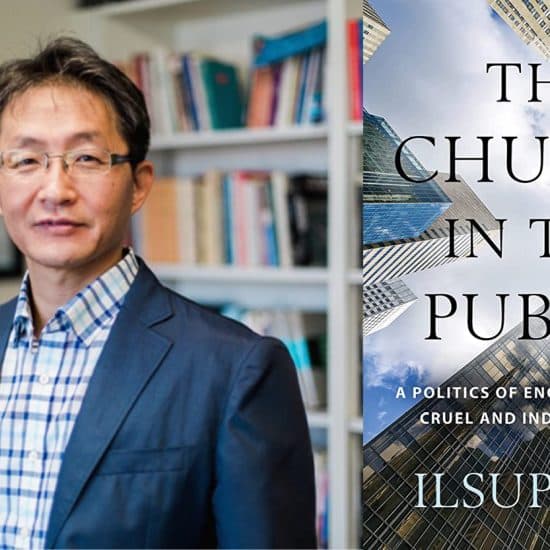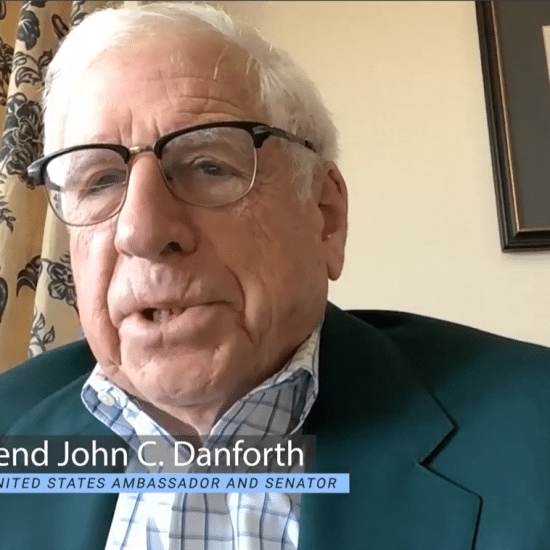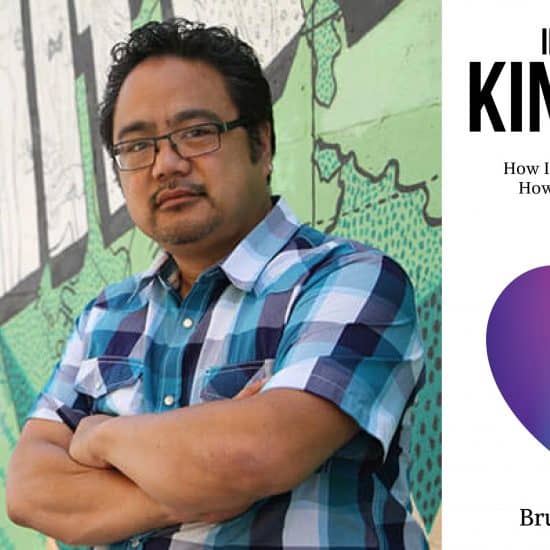Today is the morning after President Obama’s final State of the Union Address. And the news – particularly on the Internet — is flooded with reaction, analysis, interpretation, criticism and praise. Nothing new there. ’Tis the season, so to speak, especially in an election year.
Critiques have become more complex. Up for scrutiny are the President’s presentation of statistics and other facts. Some Beltway pundits review the Chief Executive’s speech like a Broadway musical reviewer or a Hollywood movie critic.
Some commentators praised the speech but criticized its tone, whatever that means. Others objected to Obama’s optimism about the country, citing ongoing political divisions that tear at the nation. Others criticize the president for the overall state of affairs in America, taking issue with his characterizations of progress under his two-term watch.
The general consensus is the same as what Americans are used to with these speeches, usually cast as monumental before they are delivered and panned as rhetoric with limited substance once delivered. And it doesn’t matter who is president or what party the leader of the free world represents.
This may be inevitable — a sign of the times for perhaps a few generations.
In a diverse, complex and inpatient nation, everyone has his or her pet issues and passionate concerns. And public opinion is at odds on virtually every one of them. The old saying, “You can’t please them all,” plays out as “You can’t please anyone entirely.” It’s the problem that anyone in government (public service) experiences.
Many aspire to the presidency, but those who win the office (including the current president) must feel a sense of relief when their time in the Oval Office is behind them and they become former Chief Executives.
I’m not sure that a State of the Union Address necessarily accomplishes too much of anything these days except to give the audience a glimpse of the reactions of the gallery, including Congress and other dignitaries and visitors, as the President makes each carefully planned point.
These days, the event borders on civility but we’re most struck by outbursts of incivility. The reactions during the speech would suggest to younger viewers — and there may not be that many each year — that the office itself is being disrespected. I have not been a young citizen for a long time, but I get that impression myself. It is no wonder that ordinary citizenry regards government — perhaps at most levels — as dysfunctional.
One thing most of us notice during this annual event is that the President always ages noticeably by the time the end of the presidency is in sight. To me, one-termers seem to age about 10 years and two-termers appear to put on about 20.
The young man elected President eight years ago seemed very young — and was! — but the healthy sprinkling of gray hair and deep facial furrows is a reminder that the task and the weight of responsibility has taken its toll. In America, we’ve never had a young ex-President.
Bill Webb is the editor of Word & Way.






